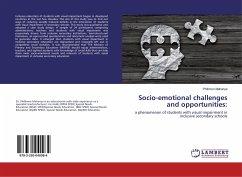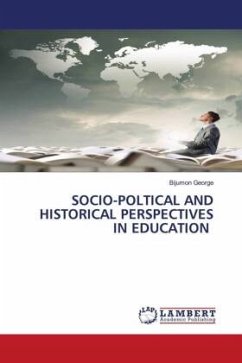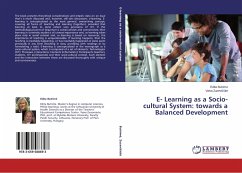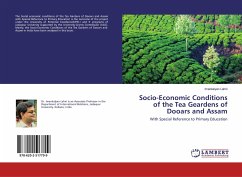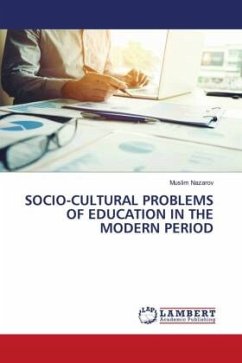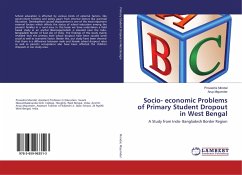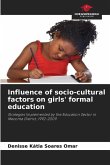Inclusive education of students with visual impairment began in developed countries in the last few decades. The aim of this study was to find out ways of reducing socially induced deficits in the interaction of students with visual impairment in secondary schools. This study was qualitative and adopted a case study design. A sample of 34 participants comprising administrators, teachers and students with visual impairment was purposively drawn from inclusive secondary institutions. Semi-structured interviews, an open-ended questionnaire and document analysis were used to generate data. It emerged that, students with visual impairment in inclusive secondary education are stigmatised and integrally left out in competitive social activities. It was recommended that The Ministry of Primary and Secondary Education (MOPSE) should equip administrators, teachers, and sighted students with knowledge of social skills that can help them meet socio-emotional needs and interests of students with visual impairment in inclusive secondary education.
Bitte wählen Sie Ihr Anliegen aus.
Rechnungen
Retourenschein anfordern
Bestellstatus
Storno

